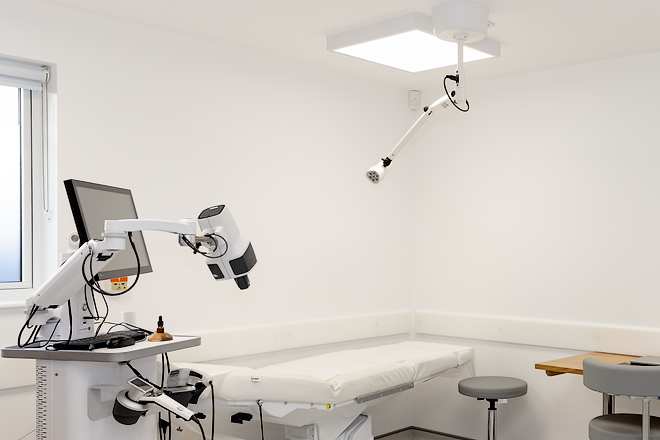 Knowledge still matters but modern developments, such as lasers, have brought notable benefit to dermatology.
Knowledge still matters but modern developments, such as lasers, have brought notable benefit to dermatology.
We are all seeing significant change in the technology we use. Microsoft recently added an AI key to the keyboards they produce, Google are bringing cookie blocking technology to their ever popular Chrome browser.
AI is rarely out of the news and already has an effect on many aspects of life. The cookie situation is not tenable, a bill is due to go through parliament to set aside the current unbalanced regulation.
Alongside general changes, our thoughts focus on technological change related to medicine and how this might benefit patients.
The Greatest Impact
Artificial intelligence will do far more than aid computing, not least with generative AI becoming everyday reality. You may have heard of, or used ChatGPT for text generation but there are wider implications.
Access to more complex AI systems will be made easier, leading to better interpretation of medical results and treatment recommendations. Chatbots and virtual assistants we know now will be replaced by more human, or beyond human capability.
Longer standing forms of AI, such as machine learning for analysing medical images, or other diagnostics will continue to improve. Their extension into treatment planning is already underway and generally effective.
The AI age has been called the next industrial revolution but we may see more change than at that time and at far greater speed.
Looking Further Forward
By the time the 2020s draw to a close, medicine will be truly digitised. More patients will be monitored and treated at home, through smart devices, with data from them improving their care and medical knowledge.
The clever bots we mentioned will also help to keep people in their homes, rather than hospital, or nursing beds. Beyond monitoring, they will provide advice, diagnosis, medication reminders, contact routes, companionship to a degree.
One non technical policy change is inevitable, greater emphasis on prevention. This will still include technical aspects, from wearable devices, to telemedicine and virtual systems to answer individual questions.
Genomics is not a new science but is being revolutionised by AI, new treatments for widespread conditions such as Alzheimer’s, or Parkinson’s may be the result. Our ability to utilise additive manufacturing (3D printing) is progressing rapidly due to AI.
Are There Downsides
Alongside AI promotion, we have seen predictions of losing control of our world. There are less radical concerns, on personal data, or the synthetic data that AI will produce to train related systems, or being treated in virtual reality.
As with any invention throughout history, resistance can arise but with medicine such a personal field, are people being unreasonable. They generally say they just want to see a doctor, a real doctor.
We don’t feel this is unreasonable and believe the human interaction from a real world consultation can reveal much of value. Neither can AI fully appreciate the psychological differences, or benefits.
Of course medicine and patients should benefit from advances, the reason our practice invests in the latest technology. Removing human support may not however bring the success some hope for, when medicine is about people.
